
The Challenge of Thinking in Opposites (And Why It’s Worth Mastering)
Why do so many resist stepping into the discomfort of thinking differently?
Because thinking beyond boxed-in perceptions and biases — built across years of family life, peer interaction, schooling, maybe religion, careers, institutions, media, and so on — is hard, maybe unknown, scary.
The reasons are varied and can cut across evolutionary adaptions to community conformity. For example: 👇

Moving Beyond Resolutions to What Really Drives a Soul-Balanced Life (and Creative Business)
January brings the usual buzz of resolutions and goals, but have you ever paused to ask: What is the opposite of achievement? Or, what does it mean to live a life untethered from rigid outcomes?
In this issue of The Soulpreneur Series, I explore why resolutions so often fail us, the trap of tying worth to metrics, and how to focus instead on persistence, alignment, and what you can control. This is about moving beyond dopamine highs and cortisol lows to build a creative business—and a life—that thrives in the in-between spaces.
Read the full issue to rethink how you approach the year ahead.



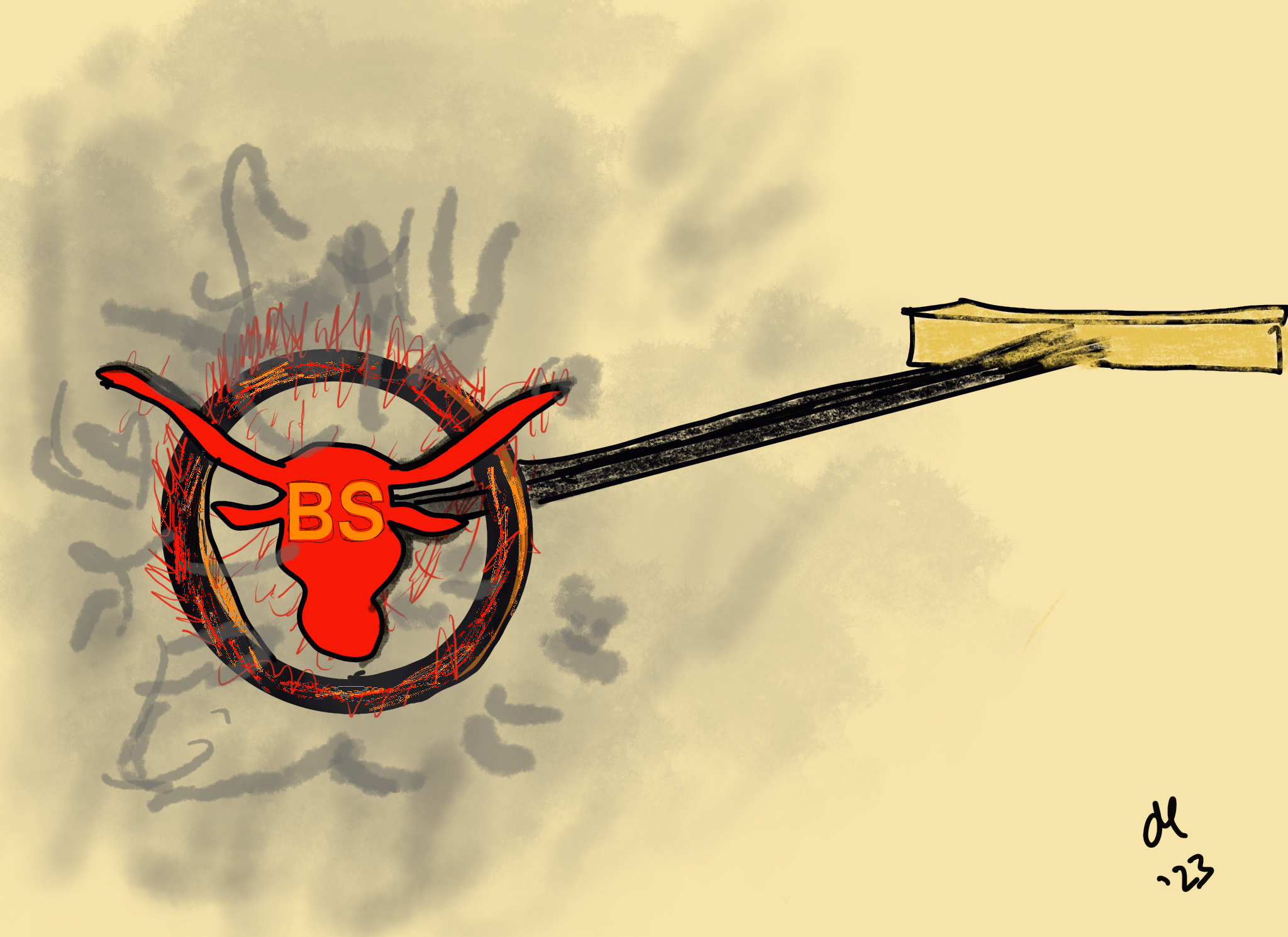
The Paradox of “Personal Branding” and Why It’s Actually Bullshit
“To brand” — by its ancient roots — means to burn. Marking livestock with a red-hot iron has been around for centuries. Some suggest the word ‘brand’ comes from Old Norse.
In recent years, especially in digital creation, digital writing, and online influencers the phrase “personal branding” gets vomited out everywhere. However, it has little connection to the ancient, or even more modern roots of the word, or the practice of branding. Or does it?

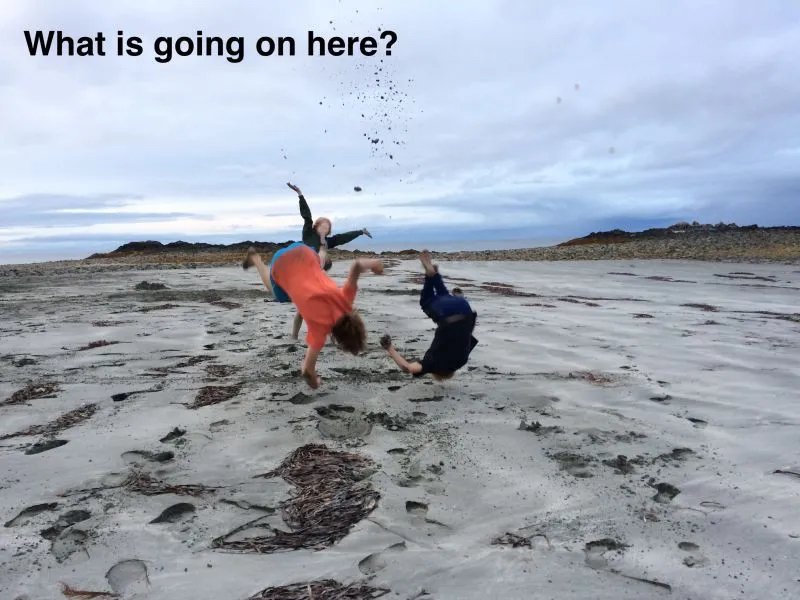

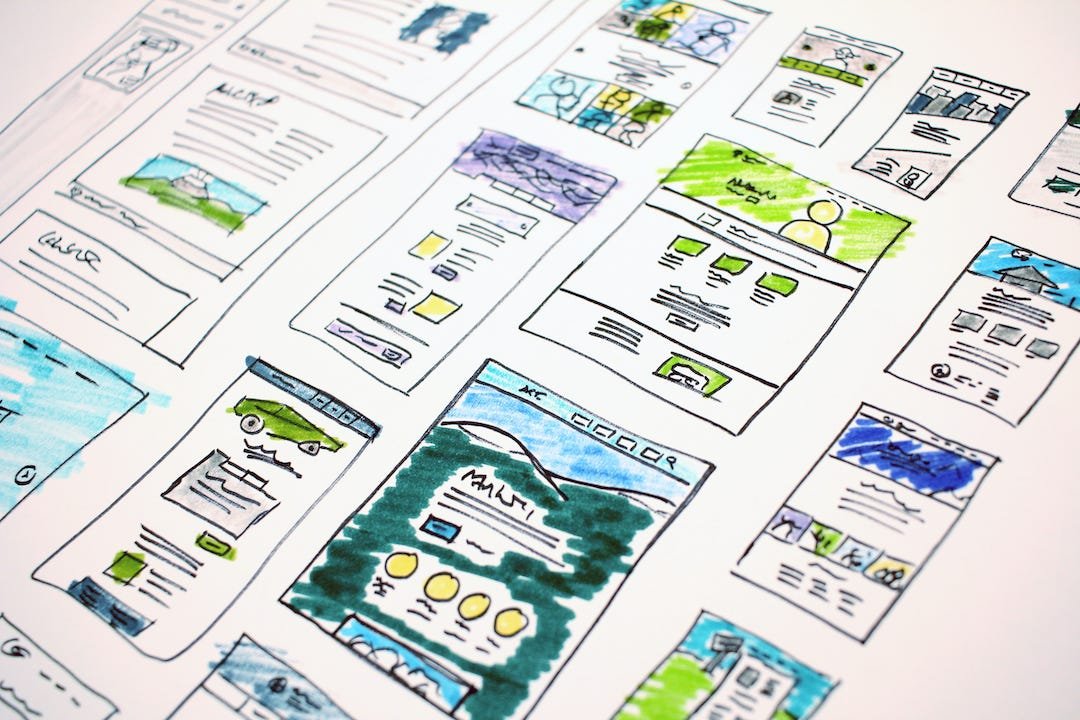
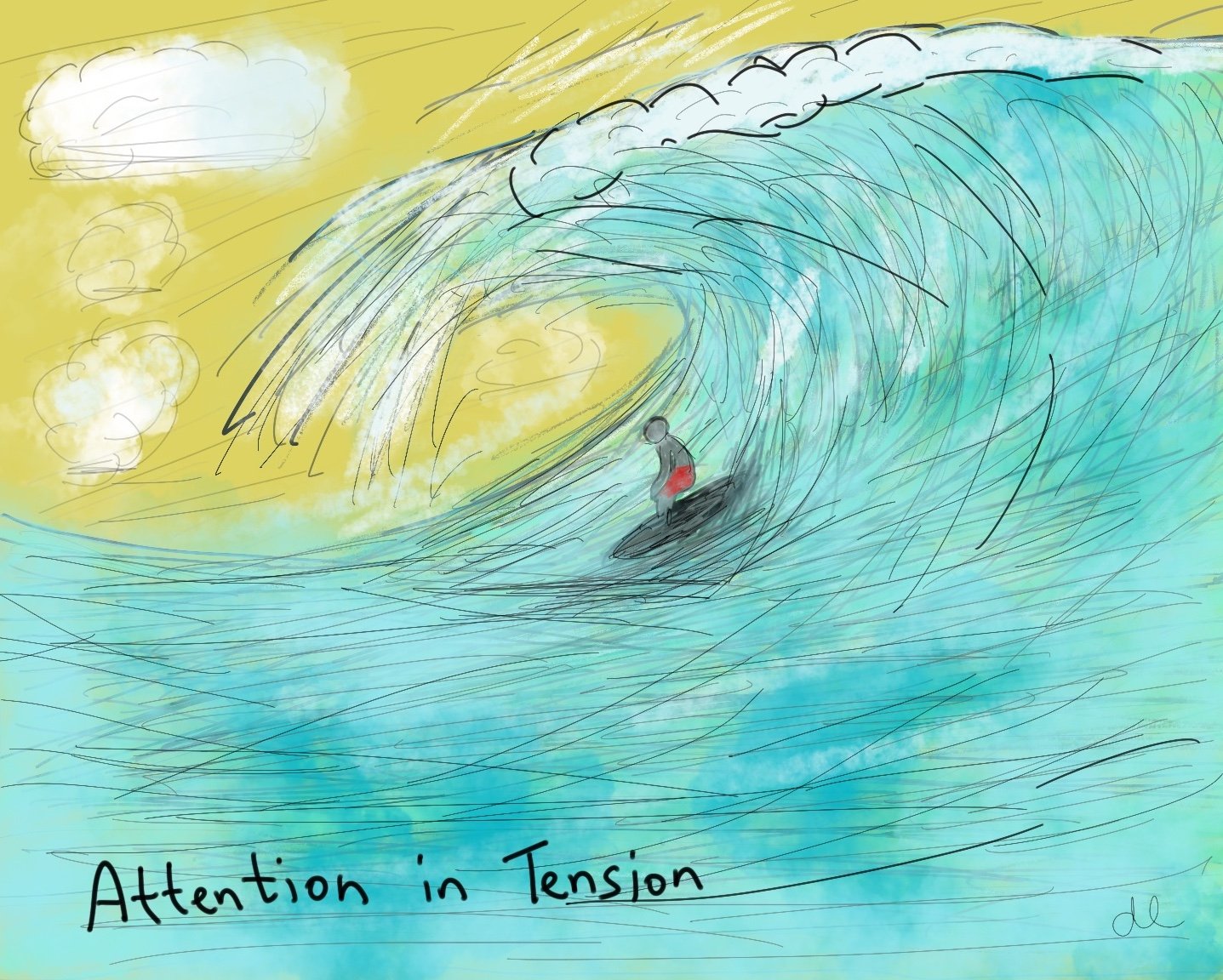
Attention in Tension: Strategies for Navigating Conflict and Life
Attention and tension come from the same ancient root word *ten: “to stretch”. Adding ‘ad-’ (att-) means “to, toward”. Tension keeps us alive, but many lean away from it, not toward it.
Here are some thoughts and strategies for leaning into tension; into conflict. It can be life-altering.

Life lessons after Leg 3 of a 10,000 kilometre bicycle trip
August 2003, I began the 3rd leg of a bike ride in Dawson City, Yukon, Canada. Two years after starting in Inuvik, Northwest Territories. A little under 5000 km done, and that much ahead. Things go different than planned.
I had a 10,000 km route planned, reaching Los Angeles in 6 months. I'd raise money and give talks along the way. Simple...
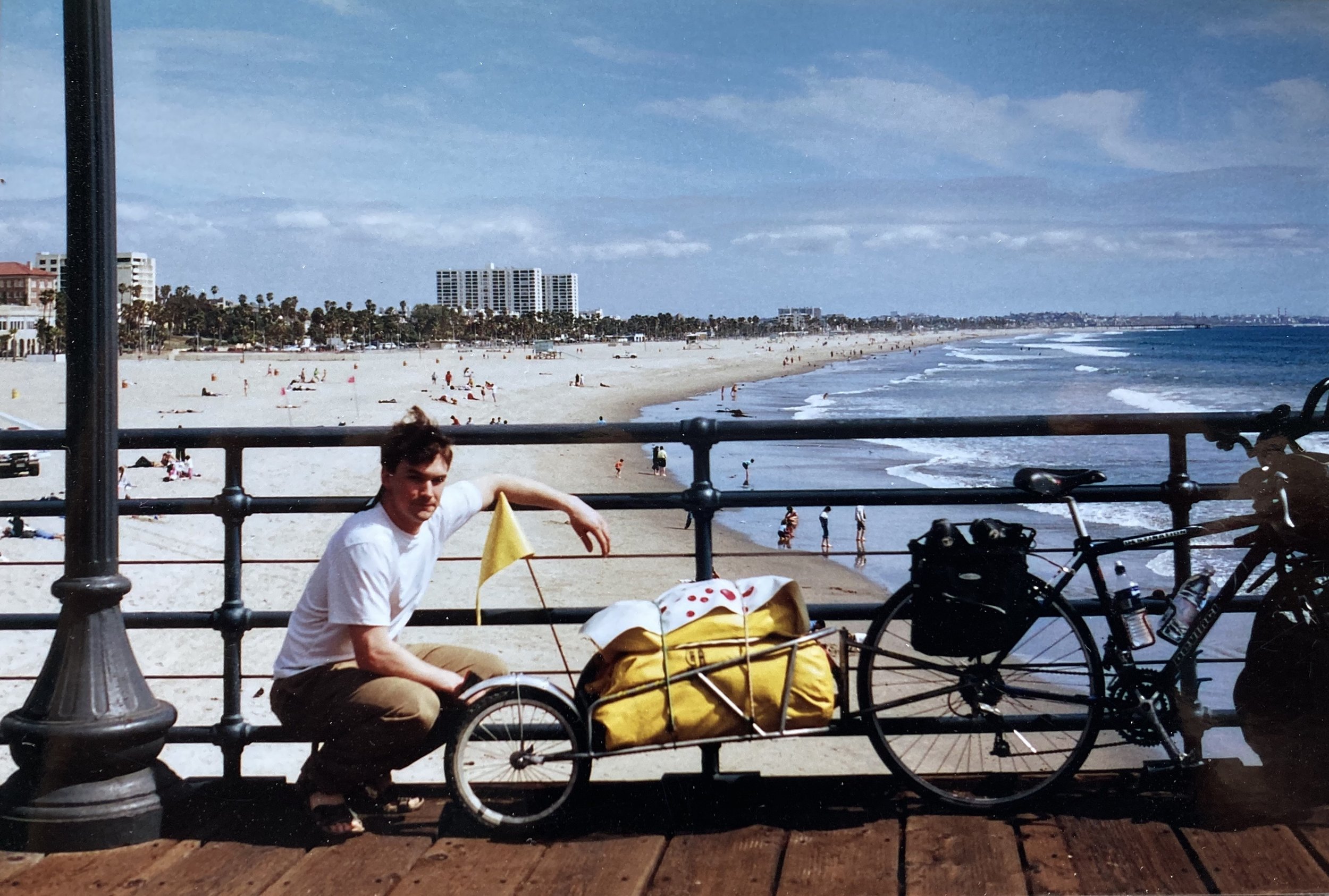
More life lessons on Leg 2 of a 10,000 km bicycle trip
In April 2002, I started the 2nd leg of a bicycle ride in Los Angeles. I intended to ride 8,000 km north to the Yukon. Finishing what I started in 2001. Life unfolded differently...
The ride was called: 'Wild Salmon Cycle'. I had chosen Inuvik in the north and L.A. in the south, as this is the range of wild Pacific salmon in N. America.

Some life lessons from a 10,000 km bicycle trip.
In July 2001, I started a long bike ride. I started in Inuvik, Northwest Territories and planned to ride to Los Angeles, California in 6 months. Things did not work out that way...

Navigating the slipperiness of Perception. The Seen cannot be Unseen.
The challenge with perception is that when things have been experienced in certain ways... those thoughts cannot be un-thought. We generally use thinking to back-up judgements, not explore.

Diversity, Inclusion and Equity - The paradox of many experts in higher education.
Universities and colleges probably have highest per capita employment of Doctor and Masters-level educated individuals.
Shouldn't they be shining examples of equity, rights, and diversity?
Through many years connected to post-secondary, I puzzle regularly at how poorly most fare on diversity, inclusivity, equity, etc.

Navigating and reflecting on knots of privilege.
'Privilege' is not a bad word; having it does not = 'bad person'. The word arose from Latin privus ("individual") and lex ("law"). Some things to ponder in the knots.

How do we make meaning out of experience? How can experiences shift meanings we make of them?
How do we make meaning out of experience? How can experiences shift meanings we make of them? Informative and transformative learning play key roles.
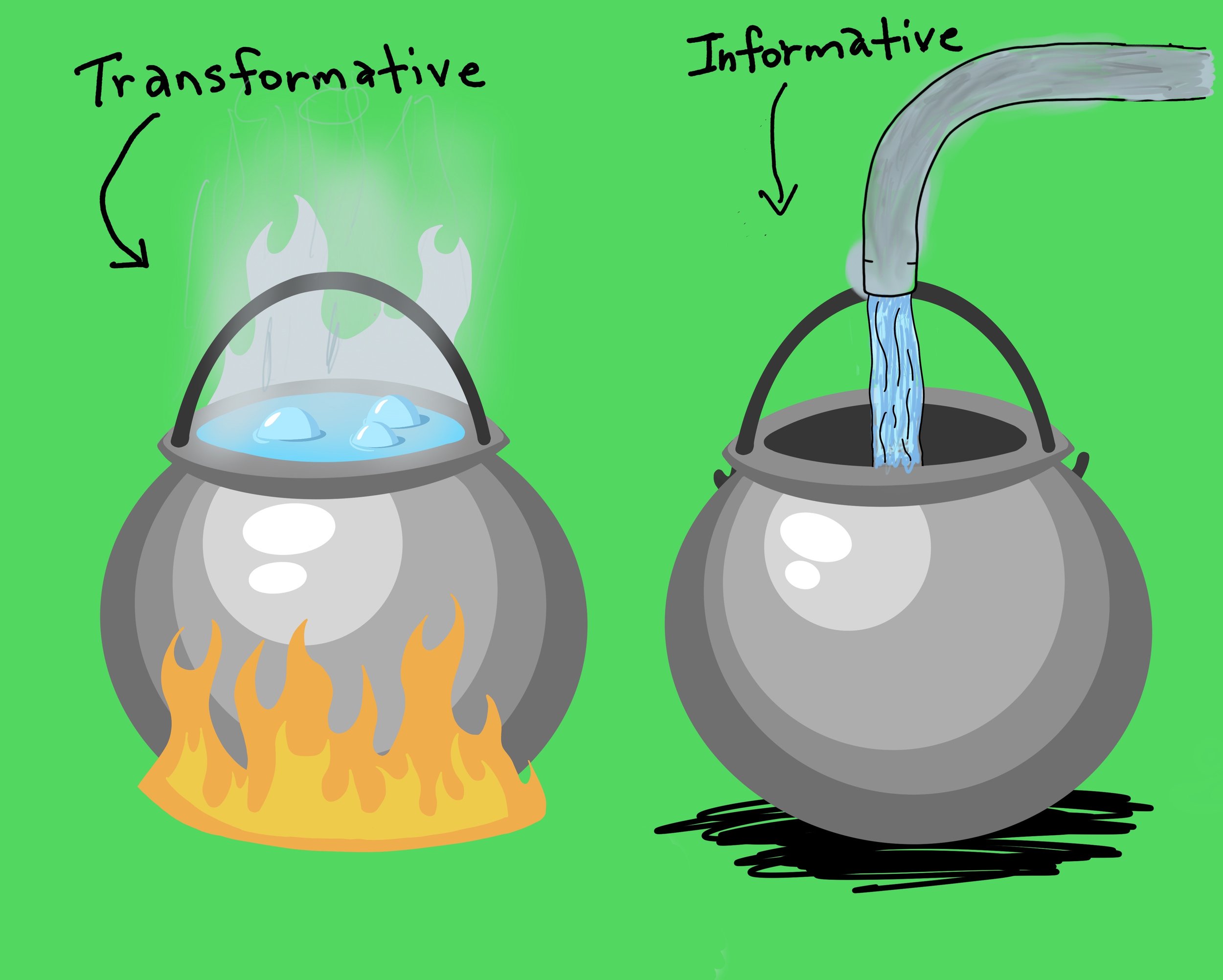
Is your training IN-formative OR TRANS-formative?
To IN-form means to 'give form to'.
To TRANS-form means to 'go beyond the form; to change.'
For education initiatives, these differences are critical.
When education is designed to "raise awareness"- say of: biasses, or different cultures, or anti-racism, or data, or a new policy on diversity, equity, etc...
- this is IN-formative learning.

Some tactics for reflecting on personal and systemic privilege.
Privilege is passed down by systems, not individuals. The power in systems of privilege is that the privileges are invisible- for those benefiting. Below are a few strategies to consider.
There are many who balk at discussing systems of privilege, because:
"It's too divisive," some say.